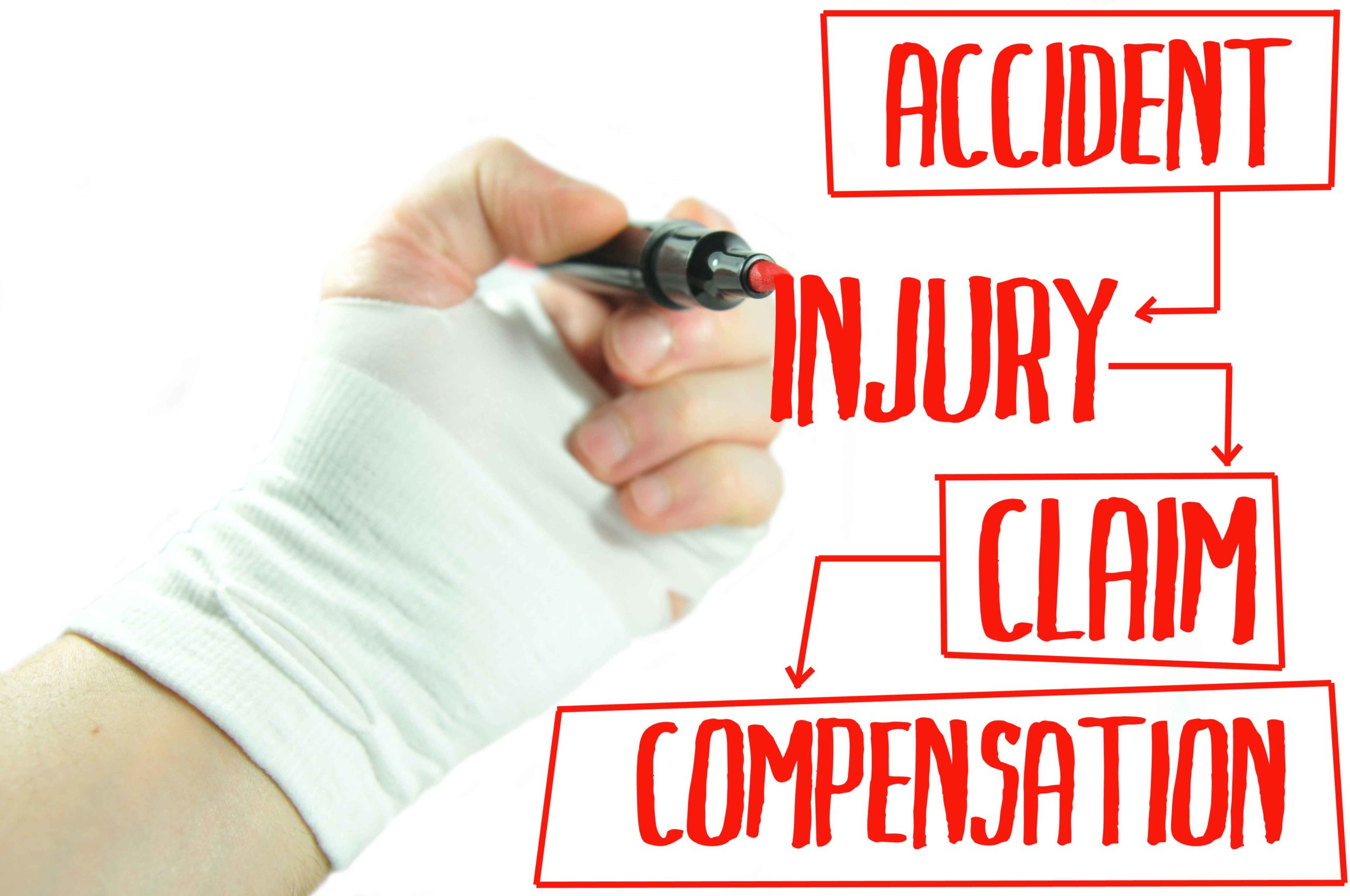What is the Basis of a Personal Injury Claim?
When you’re filing a personal injury claim, what exactly is it you’re trying to argue? Of course, you’re suggesting that the hardship you’ve suffered is the fault of someone else’s actions – or failure to act. But what does that mean in legal terms?
Negligence
One way someone can be shown to be responsible for hardships suffered by another person is they are found to be legally negligent. Negligence means that their failure to take appropriate action resulted in harm to the other person.
There is a legal term called duty of care that describes the responsibility individuals have to avoid causing harm to other people. If it can be demonstrated that someone indeed had duty of care in a particular situation – that is, it could reasonably be expected they’d take steps not to harm others – and they breached that obligation, they will be found negligent. For example, if a driver isn’t paying attention and hits a pedestrian in a crosswalk, the driver has breached their duty of care.
Strict Liability
It’s not always necessary to demonstrate negligence in a personal injury case. In the case of strict liability, the party making the claim needs to show that a product was designed or manufactured in a way that makes it unreasonably dangerous, even when used as the manufacturer intends. If a medication has a high risk of severe side effects, for example, the pharmaceutical company could potentially be found liable for the suffering experienced by patients who have used the drug.
Intentional Wrongs
Finally, a person can be found liable for the suffering of another if it can be shown they’ve intentionally wronged the victim. While these cases occur less frequently, they include assault and battery, slander and libel. However, the offender’s primary goal may not always be to cause harm. What is necessary is they actively decided to do something that resulted in harm to another. Whereas negligence means someone’s inaction led to suffering, intentional wrongs refer to situations in which decisive action led to harm, whether intentionally or unintentionally. False imprisonment is one such example.
If you’d like advice on filing a personal injury claim, contact us anytime at 877-526-3457, and one of our representatives will be happy to speak with you. Or if you’d prefer to contact us online, please fill out this form and we will respond right away.
 Free Case Consultation
Free Case Consultation  Free Case Consultation
Free Case Consultation 


